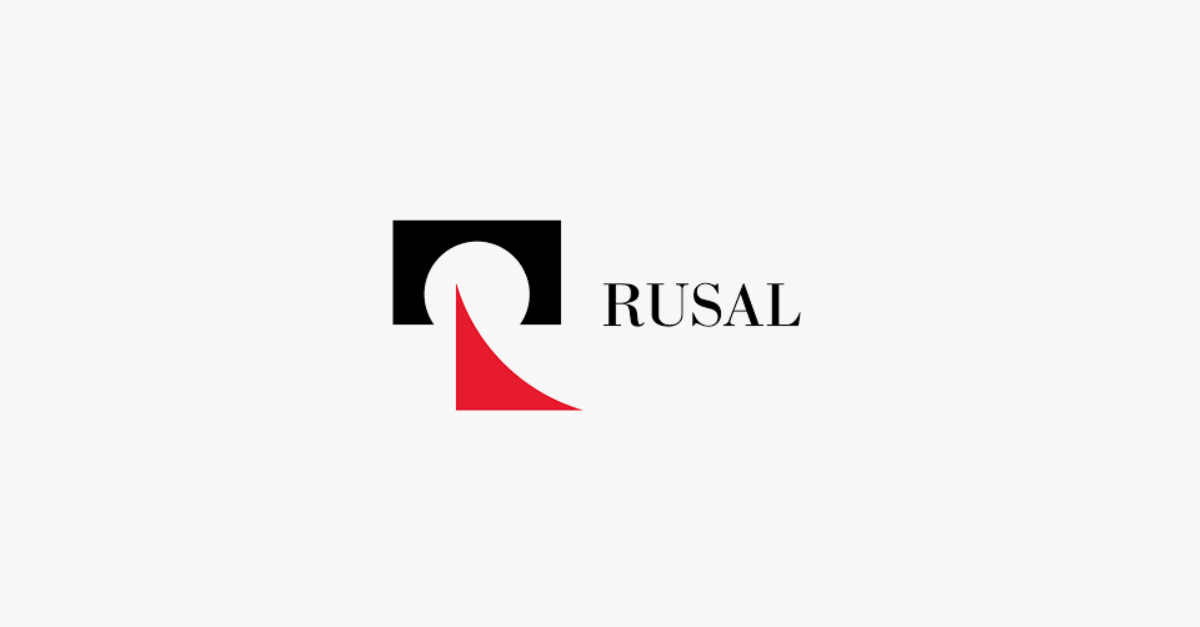

RUSAL, one of the world's largest aluminium producers, is developing a metro car made entirely of aluminium alloys. This project aims to benefit the engineering and transportation sectors by reducing the metro car's weight by at least 2 tonnes compared to its steel counterparts. This weight reduction will result in significant energy savings during metro operation and lower costs for new energy infrastructure.

RUSAL has commissioned a research and development project (R&D) to create the design of an aluminium metro car. Leading engineering companies are conducting R&D consultations with engineering enterprises and metro systems in Russia.
"The main goal of the project is to develop an aluminium metro car model that, due to the use of this metal, will weigh at least 2 tonnes less than existing steel counterparts. This weight reduction will provide a significant increase in economic efficiency," said Evgeny Vasiliev, RUSAL's Director of Market Development.
In the new metro car model, the frame, body, and interior and exterior parts will be made of aluminium alloys, while the wheels and bogie will remain steel.
"Reducing the weight of one metro car by 2 tonnes, and the entire train by 16 tonnes, will result in substantial energy savings for train movement. The exact economic efficiency will be assessed in the next stage of the project. Lower energy consumption will allow fewer substations to be built when installing new metro stations. The lightweight metro car design will also enable the installation of additional equipment, such as extra air conditioners inside the metro cars or solar panels on the roofs of trains operating on long surface sections," said Evgeny Ignatiev, Project Group Leader at the Directorate for Market Development.
Another advantage of the new model is the integration of aluminium systems. Aluminium profiles for the metro cars will be manufactured by extrusion, with integrated frames for monitors, holders for lighting fixtures, ventilation system recesses, and other interior design elements.
"The metro car will be assembled like a construction set, quickly, with minimal fastening, without welding and cutting. The economic effect of saving working time of highly qualified personnel will also be calculated within the project," continued Evgeny Ignatiev.
The increased service life of the aluminium metro car (45 years) compared to the steel one (30-35 years) is not considered an advantage of the promising model, as Russian metros frequently update their fleets.
"But a strategic advantage of aluminium is its ability to be 100 per cent recycled without losing its properties. Therefore, the operator of the aluminium fleet, at the end of its service life, will be able to return up to 30 per cent of its cost by selling secondary metal for recycling. The growing demand for secondary metal is a global long-term trend, as recycling it reduces the carbon footprint of both aluminium and aluminium products," said Evgeny Ignatiev.
Responses








